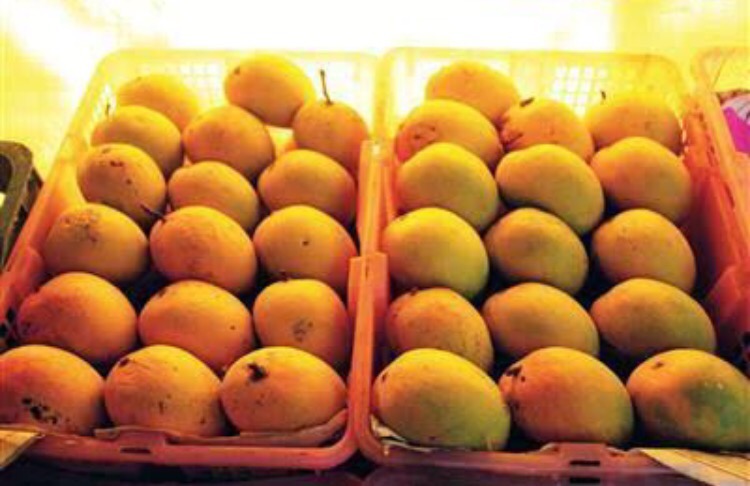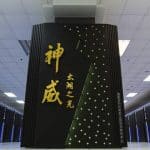- To ensure that only authentic varieties of mangoes are being sold to customers, the Union Ministry of Commerce’s Geological Survey department has given the GI tag for Ratnagiri and Devgad Alphonso mangoes.
- One of the biggest problems that farmers selling specific varieties of mangoes face, is the fact that there are others who try and pass off fake varieties to unsuspecting customers at subsidised rates. This hurts both customers and the farmers in general as their sales also get affected in the process.
- To combat the menace, a move to authenticate Alphonso mangoes with GI tag has been initiated.
Also Read: Geographical Indicators- (Part-1)
- A GI (Geographical Indication) tag is a name or sign used on certain products that are sold to verify the authenticity of the product’s geographical location of origin. This could be a city, a village, a district, or even a country.
- The first product to get a GI tag in India was the Darjeeling tea back in 2004. By 2015, there were a total of 272 products from India that carried this indication.
- “Farmers won’t have to bear losses when cheaper varieties of mangoes are sold as Ratnagiri or Devgad Alphonsos. GI tagging will benefit consumers who can be assured of not being cheated.”
- Due to this development, only those who are registered users can use the name of the variety while selling it to customers.
- This will also help farmers when it comes to exporting their mangoes to other countries.
- Additionally, customers can be satisfied that they are not being fleeced with sub-standard products.
- This initiative will help both farmers and the general public to be duped by people selling fake varieties.
- According to authorities, since there are still certain details left to be ironed out, farmers can effectively start using these tags from the next mango season.
Source: TheBetterIndia









